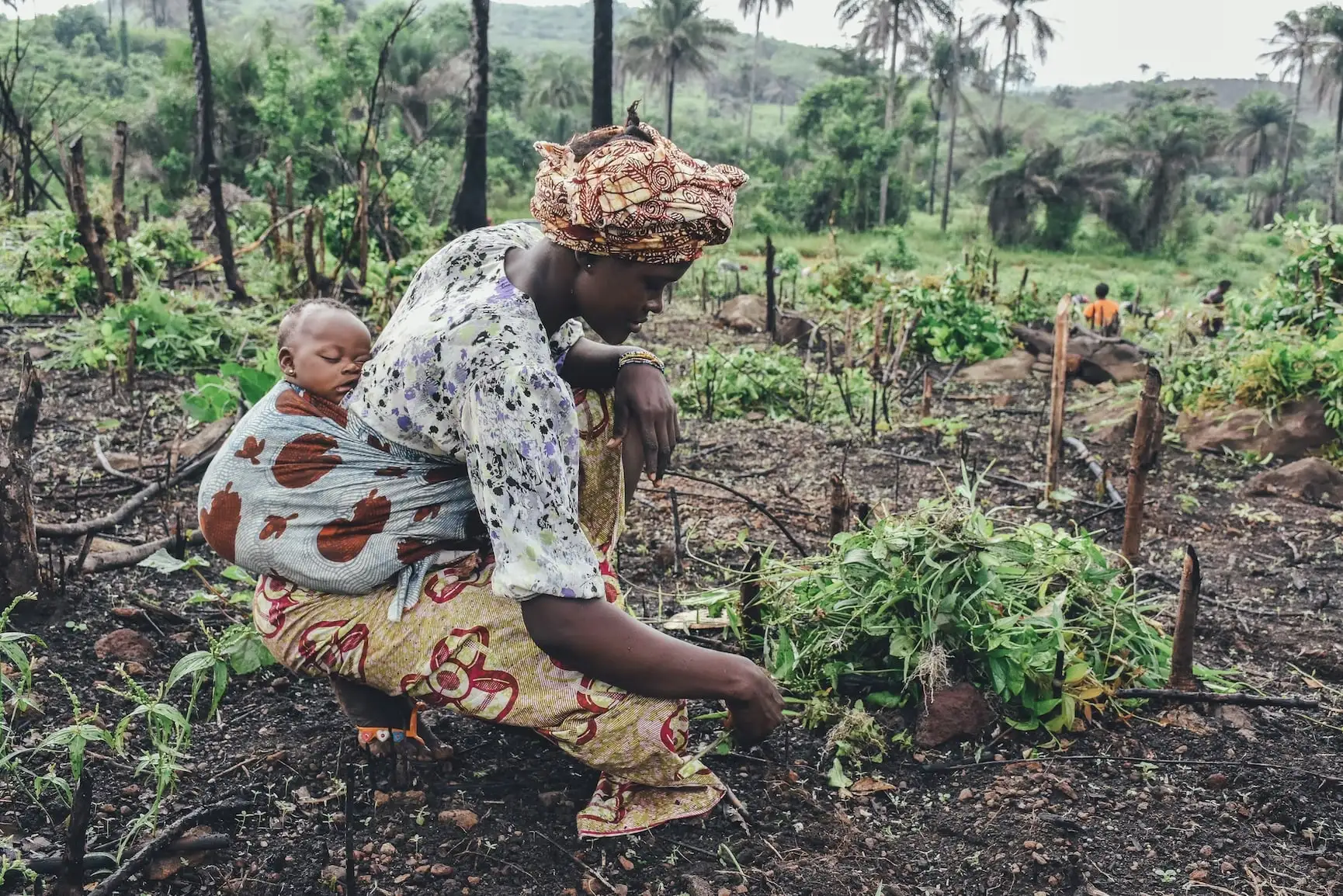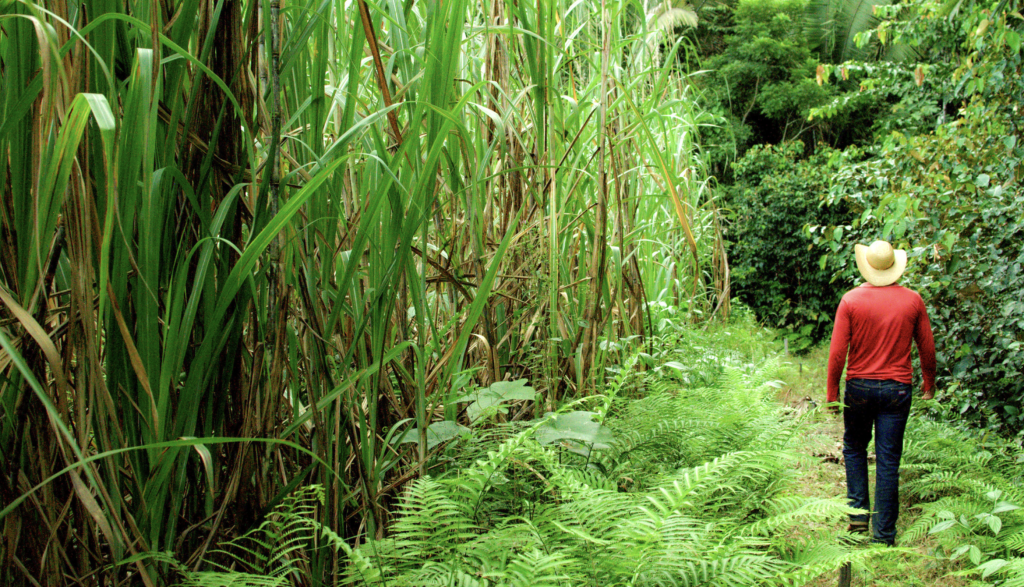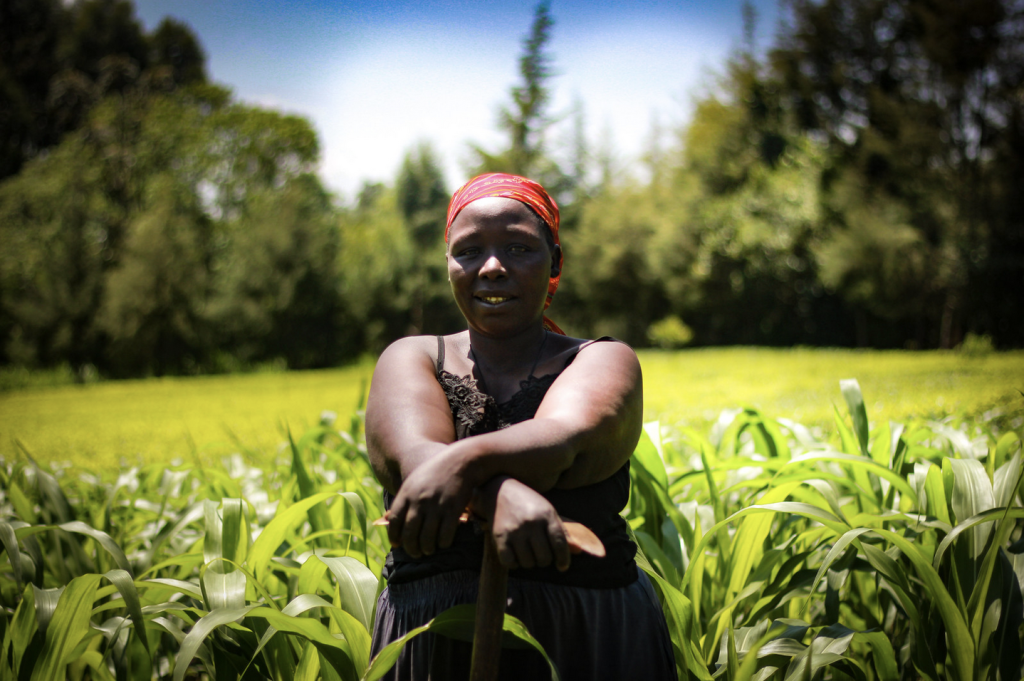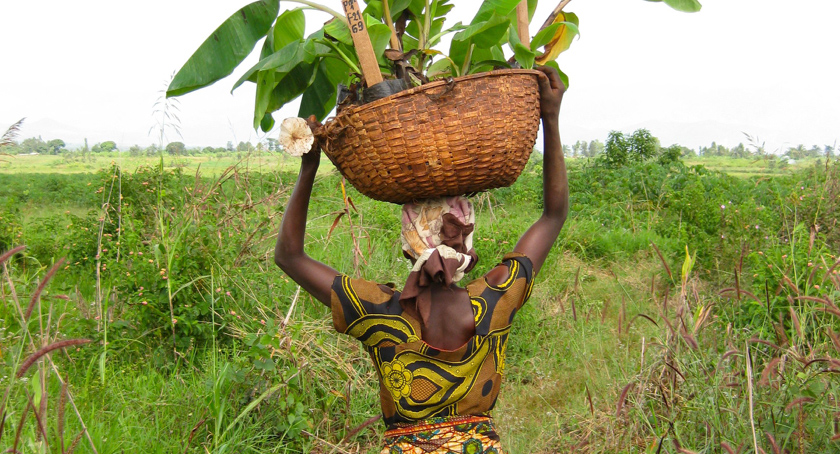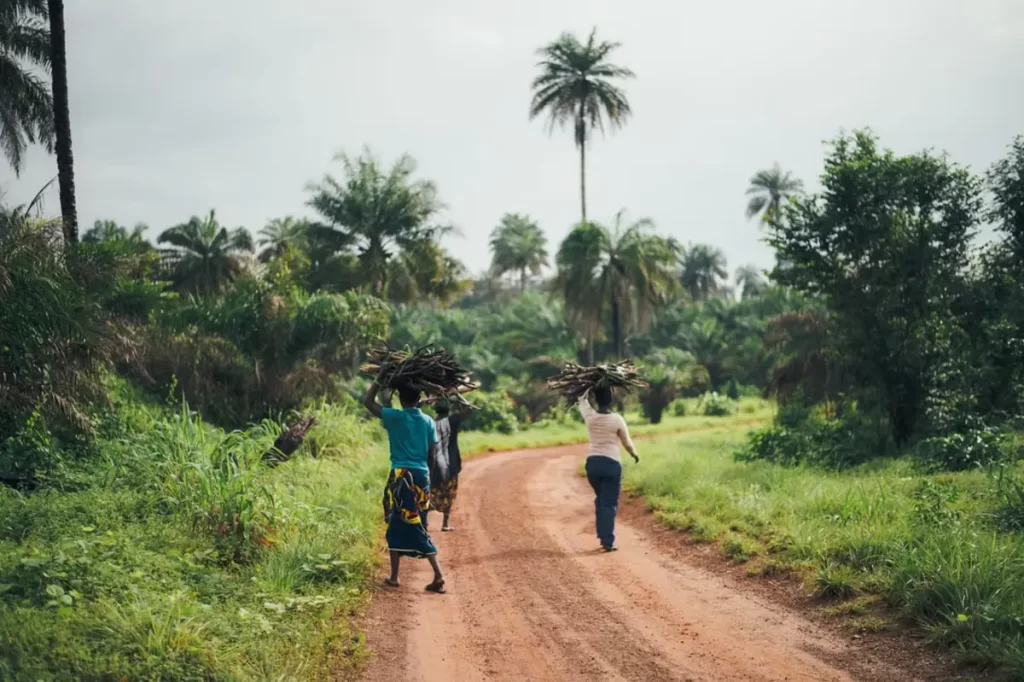Regreening Kenya by scaling asset-based community-driven development tools and processes, RK-ABCD
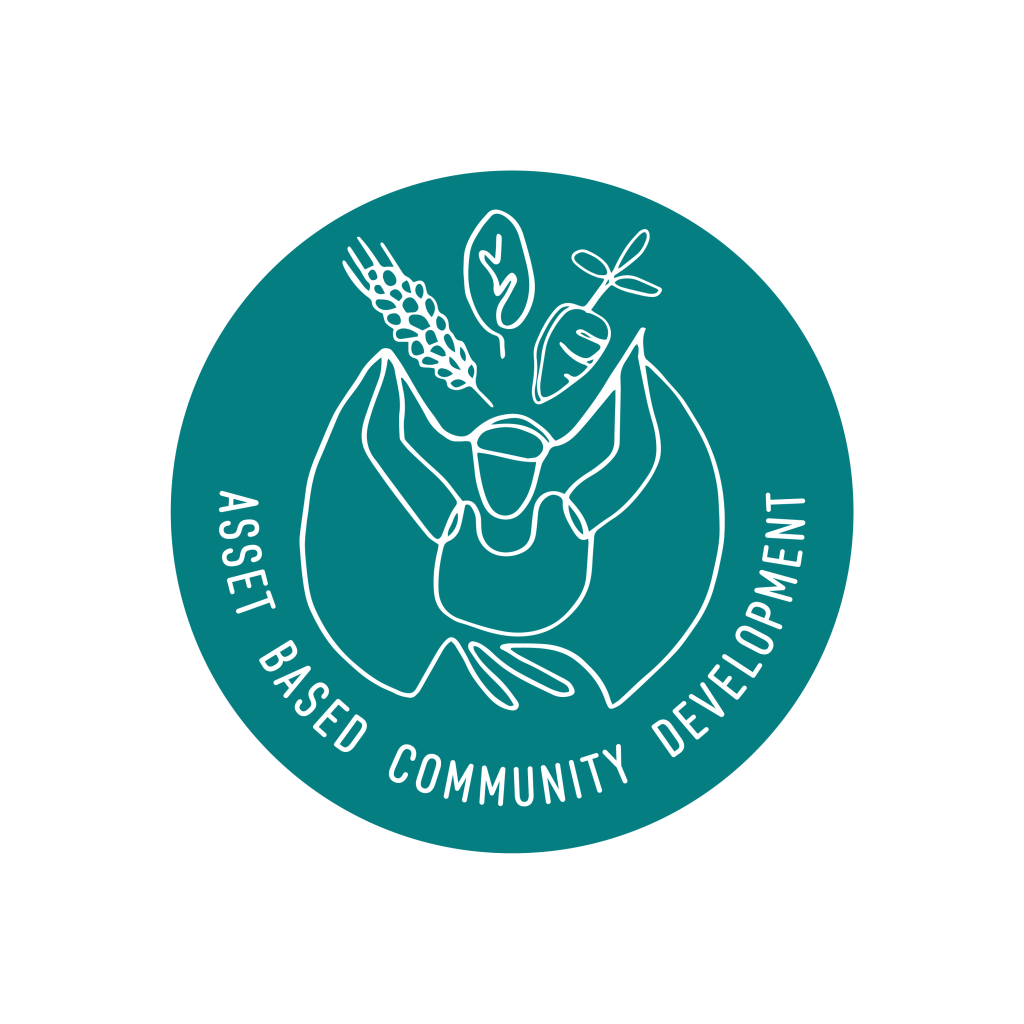
Overview
Regreening Kenya by scaling asset-based community-driven development tools and processes, RK-ABCD
The ABCD approach encourages communities and individual households to identify their existing assets and to use what they already have more efficiently and effectively to improve their own lives. It is based on three principles: ‘everyone has gifts’, ‘relationships build a community’, and ‘start with what you have’.
Community groups assess their existing assets and strengths. This allows them to develop a clearer understanding of who they are, what they want and what they like, and are hence able to identify their identities, interests and preferences (IIPs). Such assets include:
- Knowledge, skills and talents (human assets)
- Community associations and formal organisations and institutions (social assets)
- Natural resources that support livelihood activities (natural assets)
- Existing infrastructure and household possessions (physical assets)
- Means that circulate in the local economy (financial assets)
Based on these IIPs, community groups formulate community action plans (CAPs) towards the desired future change for their lives, communities, and landscapes. Aligning their existing assets and strengths, the community members then define different pathways towards realisation of these objectives, including a step-wise activity plan. These pathways differ and include entirely community-driven activities that are autonomously engaged by community members, both individually and collectively, and activities pursued through strategic partnerships with external actors (identified through social asset mapping).
Project scope and aim
In the Biovision-funded ‘ABCD in Regreening’ project, the asset-based community-driven development (ABCD) team conducts a theory-based contribution analysis to show that process matters and, specifically, how the participatory ABCD approach contributes to the outcomes targeted by the project. These objectives include strategic collaboration with the Regreening Africa programme, and the adoption of promoted land restoration practices, alongside a more widely framed efficient, sustainable and circular resource use at individual and communal levels based on the ‘start where you are, use what you have’ principles.
A complex research design, combining qualitative and quantitative methods, was developed to guide the planned comparison. Biovision’s farm-level agroecology tool (FACT) is used to understand the degree of agroecological integration at farm level, and behaviour change towards holistic agroecological transition.
Modality
Following ICRAF’s ABCD training manual, the project uses a five-step ABCD approach to foster a sense of agency that contributes to sustainable behaviour change. The project works with 30 community groups in Homa Bay County to co-develop asset- and strength-based individual and community action plans. Regular participatory M&E sessions (indirectly) support implementation.
Outputs
- Scaling models for Regreening Africa: enhancing agroecological integration through smallholders’ assets and agency in Kenya [Journal Article, open access]
Timeframe
This is a three-year project (January 2021-December 2023).
Key members and partners
- CIFOR-ICRAF
- Biovision Foundation

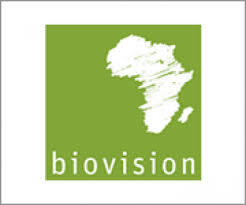
Location
Homa Bay County, western Kenya
Key contacts
Lisa Fuchs, ABCD team lead (L.Fuchs@cgiar.org)
Added value to the Agroecology TPP
This project specifically focuses on the social dimension of agroecology in both theory and practice. The contribution analysis results will meaningfully inform about how to plan and implement sustainable agroecological processes as external actors, and how to assess and evaluate their impact contributions.
Related media

ABCD’s official website
Discover the latest news, publications, videos, and more – to learn more about the Asset-based community-driven development (ABCD)

RK-ABCD’s dedicated web page
Access dedicated resources of the ‘Regreening Kenya by scaling asset-based community-driven development tools and processe’ project

Venture Philanthropy and Asset Based Community
Is venture philanthropy and asset based community-driven development a marriage made in heaven?

